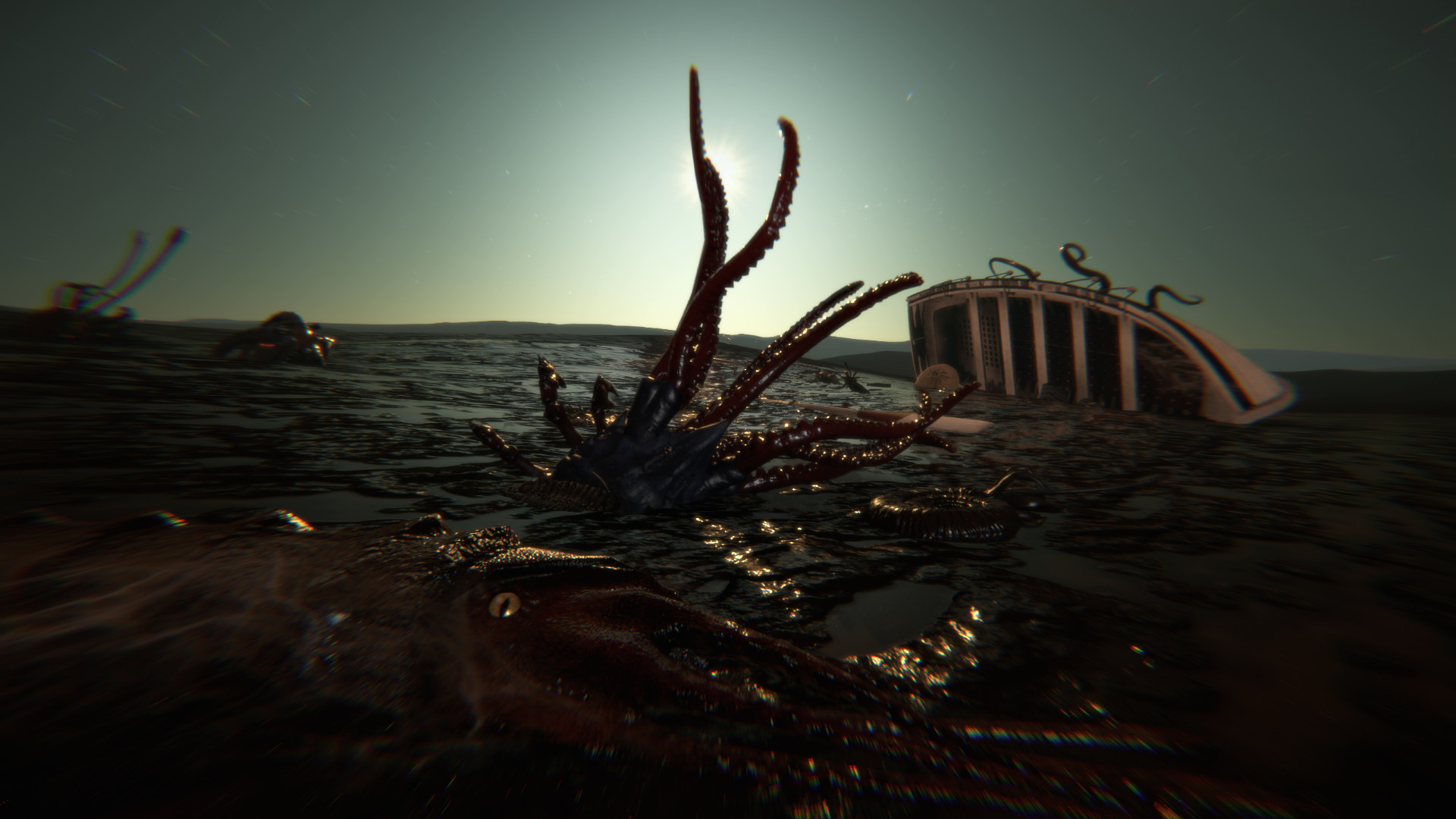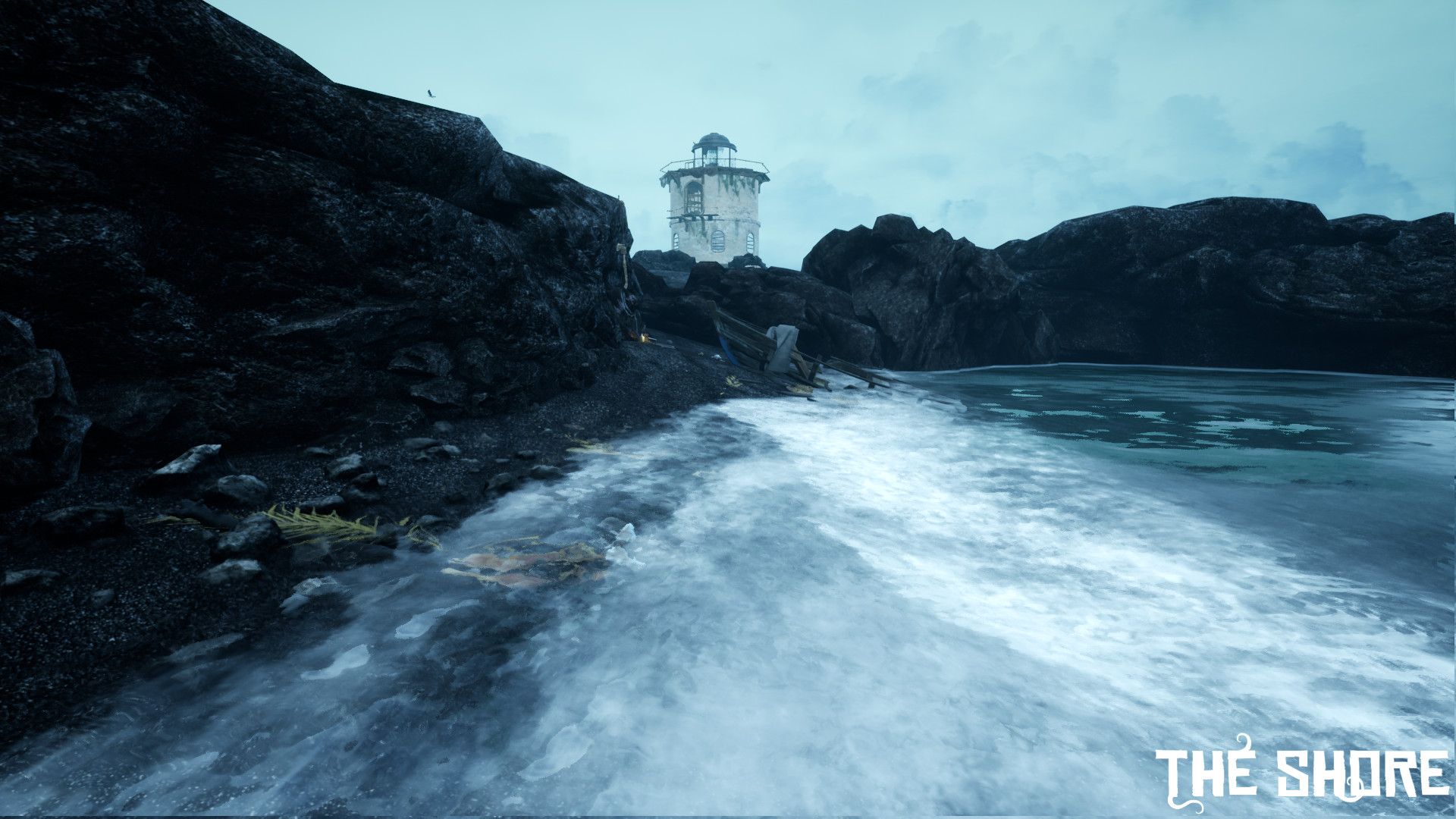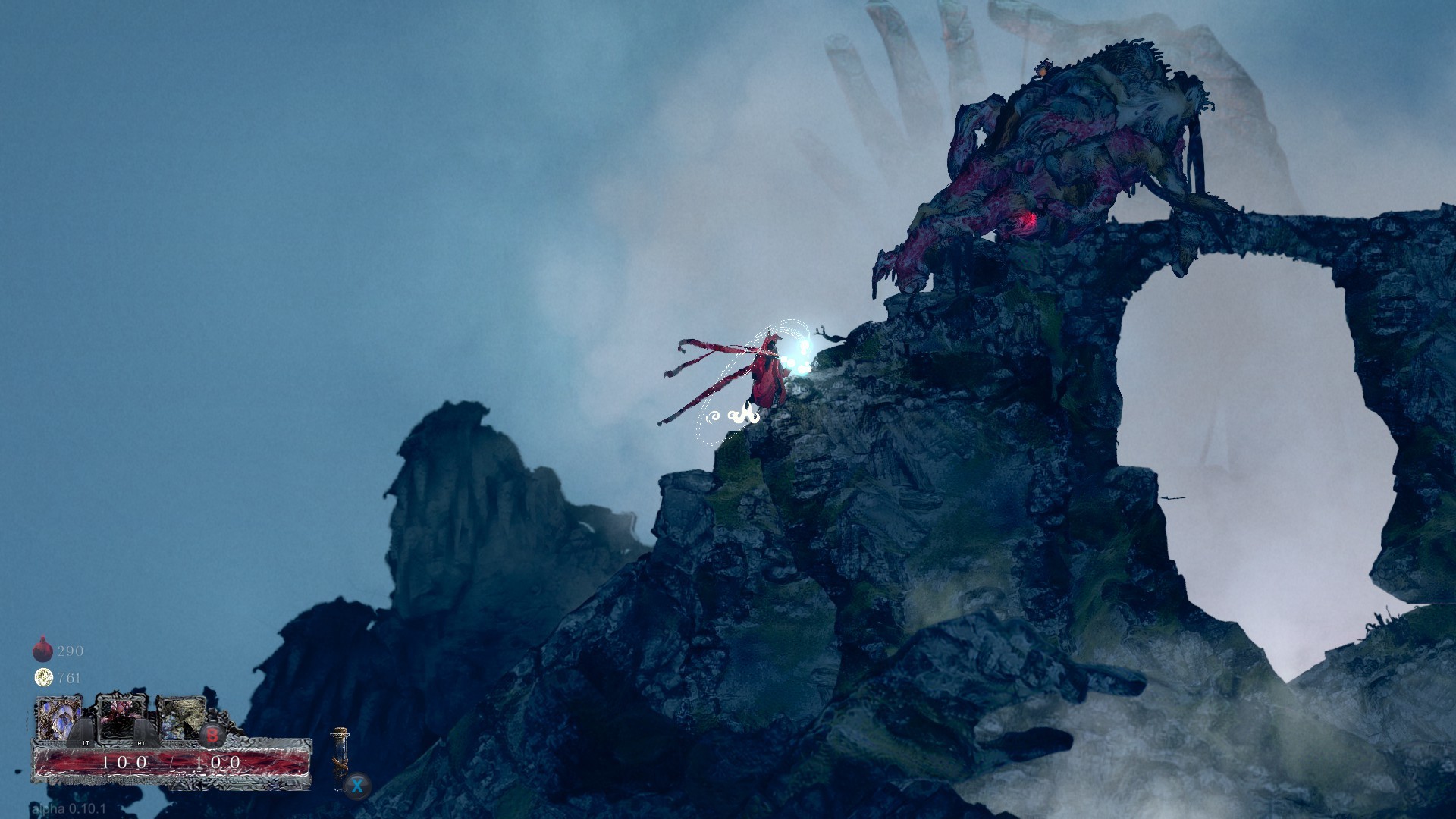
Dagon Makes an Exhibition of Itself, and That’s Great
Making learning fun isn’t easy unless maybe you’re learning how to find the best water slide experience or what beer is nicest on a hot day. Maybe learning about ice cream flavors with a taste test?
Sorry, it’s really bloody hot here as I write this despite it being nearly midnight, and with no waterslides, cold beers, or even an ice cream close to hand or cheek, I’ve foolishly decided upon drinking a black coffee, so my mind is very much calling me out on my self-inflicted humid festering. Sure, I could have some water, but there’s none in the fridge, and like fuck I’m drinking some tepid tap water.
Anyway, learning! Yeah, that’s a thing that’s hard and sometimes a tad dull, so anything that can make the experience as enjoyable as it is informative can be really helpful. In games, that’s a nice tutorial usually, but sometimes they can educate! Assassin’s Creed has in-game history tours! The Long Dark teaches you how to survive in the frigid wilds of Canada (pretty sure that’s true otherwise they’d put up some disclaimer at the start saying not to use it as a survival guide, wouldn’t they?), and of course, Resident Evil 4 taught us all to pack for our holidays in an optimal fashion.
But what about using a game as the structure for learning about a notable person through their work? In the case of H.P. Lovecraft, plenty have co-opted his work for games to varying degrees of success, but they have largely been about telling the stories themselves or utilizing the many unspeakable cosmic horrors as reference points. Developer Bit Golem finds a way to tell a Lovecraft story as an interactive piece whilst providing context and history behind its creation and its creator (albeit with some notable ‘omissions’).

Dagon is a 3D visual novel retelling of Lovecraft’s short story that ended up as the launchpad for many of his most famous works. It’s got fishy things, cosmic horror, and a guy telling you just how badly the whole thing is scrambling his brain. All the narrative nutrients a growing weirdo needs. For anyone unfamiliar with the story itself, Dagon is cited as the origin of the Cthulhu Mythos. An ex-ship officer with a significant morphine addiction problem recounts his torrid time discovering all manner of eldritch shenanigans. Is it all a product of his drug-addled mind or did he really embark on a trip to the not-so-light fantastic? We’ve all been there.
Playable in VR or on a good ol’ bog-standard regular screen, Dagon is narrated, with real gravitas I might add, against a variety of three-dimensional scenes with limited interactivity. Usually, a paragraph or so is delivered in a scene that does its best to encapsulate the feeling. A strange beach under an odd sky. An unnerving monolith in an impossible sea. You know, that old chestnut.
There are generally one or two things to interact with in these scenes. One will progress the story of course, but there are also tidbits of info on the story and its author. Some of it will be fairly common knowledge to a casual observer of Lovecraft’s work. It’s all quite informative though, albeit with generous glossing over that side of his personality. For a free sampler of the concept though, it’s a solid start.

After 30 minutes or so, the tale is told, and I felt it did a grand job of mixing horror storytelling with education on it. The biggest takeaway for me was that it worked very well as a virtual exhibit. Given its VR capabilities, I’m even more convinced that’s where Dagon’s strengths lie. It’s mild enough to be accessible for non-horror fans while teaching them about a horror story’s genesis and the legacy it created.
Sure, it’s not the most complete lesson in Lovecraft, but it sure does feel like the template for something greater in breathing new life into classical horror stories. I don’t know about you, but I think interactive 3D exhibits that tell the stories of Poe, Stoker, Shelley, King, et al with IMDB-Esque nuggets of trivia connected to it would be a cool way to open up the world’s of genre greats to a new audience without compromising or misrepresenting the essence of it (something that continuously occurs with Lovecraft’s work). Real-world experience is still valuable of course, it’s just real-world space is finite and there’s so much potential in what a developer like Bit Golem does.
Dagon is available on Steam. You can check out DreadXP for more articles on horror games.




